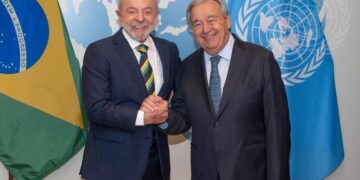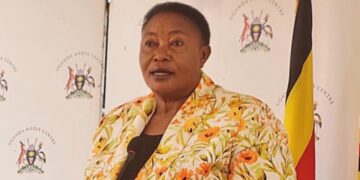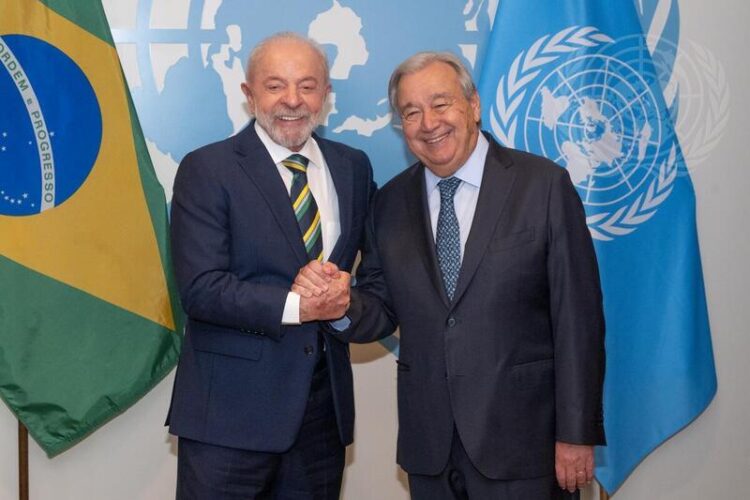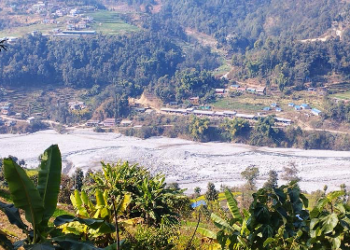OPINION
As the World prepares for the 30th United Nations Climate Change Conference (COP30), to be held in Belem, Brazil, one truth rings painfully clear that the global climate movement is stuck in a cycle of promises and inaction.
For decades, world leaders have gathered under the banner of climate ambition, making lofty pledges to reduce emissions, transition to renewable energy, and protect vulnerable communities. Yet, as these promises pile up, the planet continues to heat, forests disappear, and frontline communities especially Africa sink deeper into poverty and climate vulnerability.

To begin with, in Africa, in particular, Uganda’s oil projects mirror this global hypocrisy as they offer a sobering reflection of this global failure. The country’s oil and gas projects are being promoted as drivers of development. Yet, the stories from affected communities reveal a darker reality; land grabs, delayed compensation, loss of livelihoods, environmental destruction, and growing social inequality.
These injustices are not just legal matters, they are a stark reminder of how energy development, when not rooted in justice and human rights, deepens vulnerability rather than reducing it.
This clearly shows that Africa deserves climate justice, not climate charity. At every COP, African leaders demand climate finance and technology transfer, yet the funds rarely come, and when they do, they bypass the communities that need them most.
Meanwhile, fossil fuel extraction continues in the name of development, leaving the environment and the people behind.
True climate justice requires ending the cycle of broken promises that allows powerful nations and corporations to profit while the poor pay the price. It means holding governments accountable for both local and global climate actions, from ensuring fair compensation for project affected persons to investing in renewable energy and protecting ecosystems.
Further more, there is a need to shift from promises to accountability. At COP30, the world cannot afford another round of declarations and empty commitments. It must deliver tangible outcomes, binding emission reduction plans, accessible climate financing for adaption, and accountability for environmental harm.
For Uganda, this means aligning its national energy policies with the Paris Agreement and its constitutional obligations to protect citizens and the environment. The government must recognize that justice for oil project affected persons and communities suffering from environmental degradation is climate justice in action.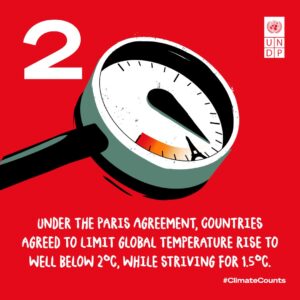
To note is that the world does not lack climate policies or pledges, it lacks the political will to enforce them. COP30 must mark a turning point from words to action, from promises to accountability, from global hypocrisy to climate justice.
Uganda’s story should serv as a wake-up call that real development cannot be built on broken promises, displacement, and environmental destruction. It must be built on justice, dignity and sustainability.
Therefore, as global attention turns to COP30, the world must remember that every promise broken deepens the climate crisis. The conference must be a turning point from talk to transformation, from promises to justice.
By Phionah Ndyamuhaki
Email: Ndyamuhakiphionah3@gmail.com
